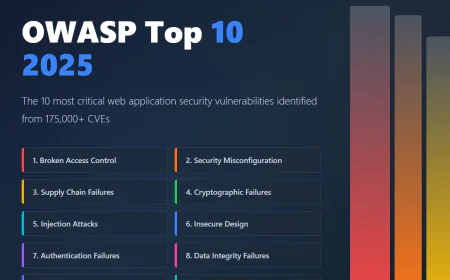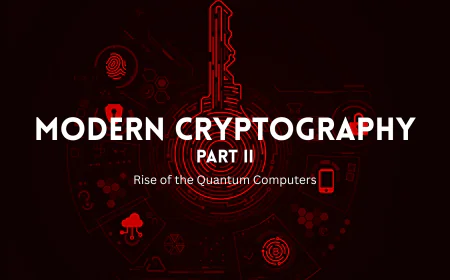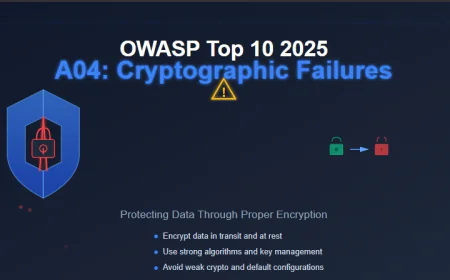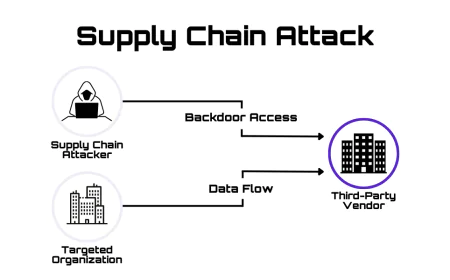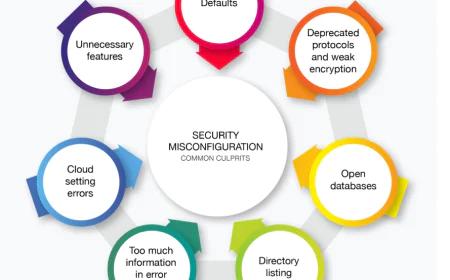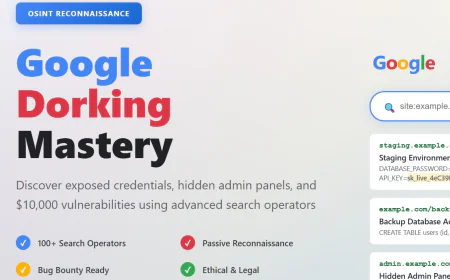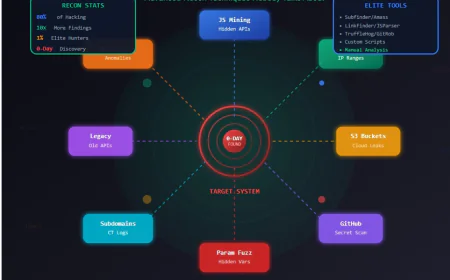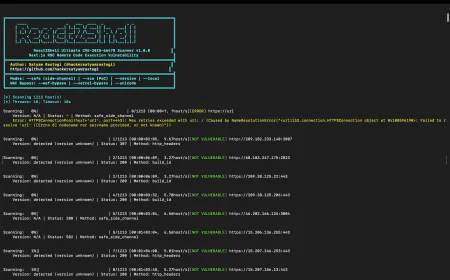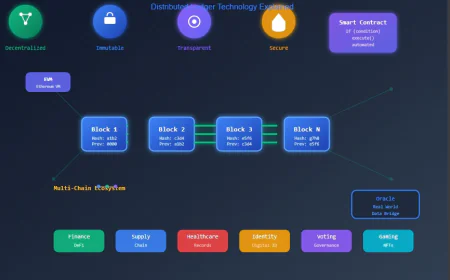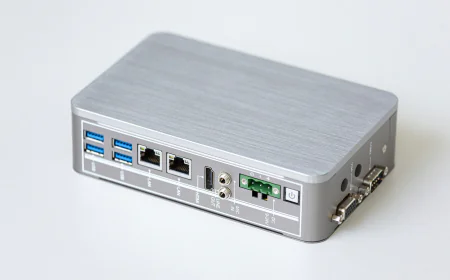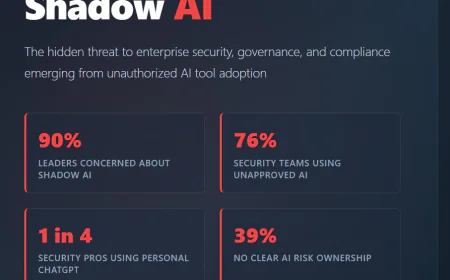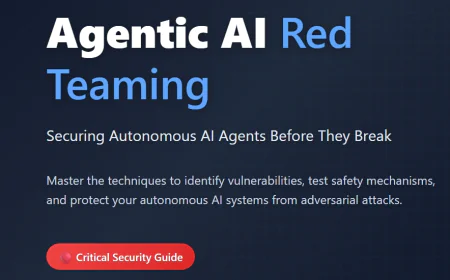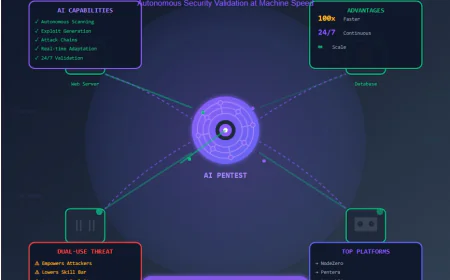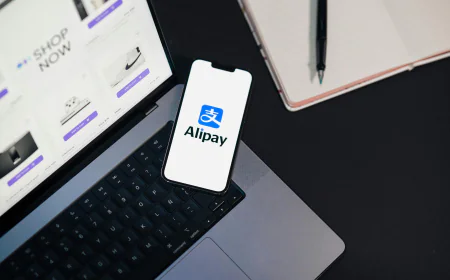The Day Every American’s Social Security Data Went to the Cloud Without a Net
A whistleblower has revealed that the Social Security Administration’s entire database - containing the personal information of over 300 million Americans—was improperly uploaded to the cloud by the Department of Government Efficiency (DOGE). While no malicious hack has been confirmed, the exposure is being called one of the most significant data governance failures in U.S. history, potentially leading to identity theft, fraud, and nationwide financial risks.

In August 2025, news broke that could affect every U.S. citizen. A whistleblower revealed that the Department of Government Efficiency (DOGE) moved the Social Security Administration’s (SSA) entire database to the cloud—without proper security safeguards or oversight. This action potentially exposed the personal data of over 300 million Americans.
What Happened?
Charles Borges, the SSA’s Chief Data Officer, filed a complaint stating DOGE transferred the complete SSA database—including names, Social Security numbers, dates of birth, and identity-linked details—into an unsecured cloud environment.
While officials argue there’s no sign of an external breach, cybersecurity experts caution that the very act of moving such sensitive data to the cloud without protections has dramatically heightened the risk of identity theft and fraud.
Why This Breach Is Different:
-
Unprecedented Scale – The data of every U.S. citizen is at stake, not just a few million users.
-
Insider-Driven Exposure – Unlike traditional hacks, this was a failure in internal governance.
-
Potential Fallout – If abused, the data could fuel large-scale fraud, scams, and identity-related crimes for decades.
Political & Legal Fallout
-
Accountability Battles – Lawmakers are pressing DOGE officials for answers, while critics argue this highlights systemic flaws in how government data is handled.
-
The Whistleblower’s Role – Borges, a Navy veteran and career SSA employee, claims he was blindsided by the transfer and warns of catastrophic risks.
-
Investigations Underway – Congressional committees are demanding reviews of how sensitive citizen data is managed.
What This Means for Citizens
-
Monitoring Financial Activity – Regularly check bank accounts, credit reports, and suspicious transactions.
-
Credit Freezes & Fraud Alerts – Use identity protection services and place freezes to prevent fraudulent new accounts.
-
Public Pressure – Push policymakers for stronger protections around government-held data.
Conclusion
The SSA “cloud leak” is a wake-up call for the U.S. government and its citizens. In an age where data is as valuable as currency, this incident underscores that mismanagement can be just as dangerous as hacking. Whether or not malicious actors gain access, the trust between citizens and institutions has already been shaken.
